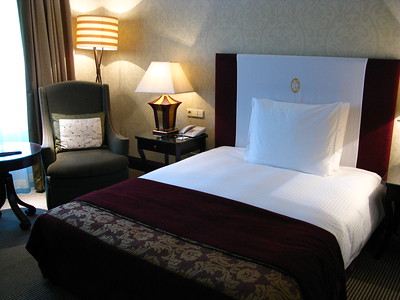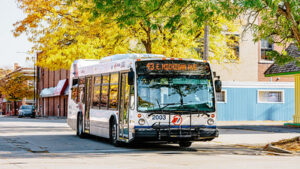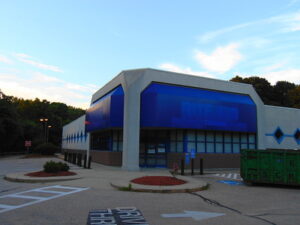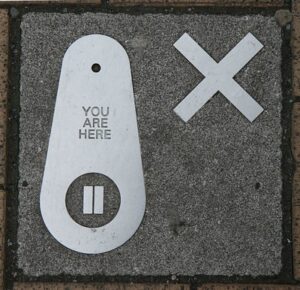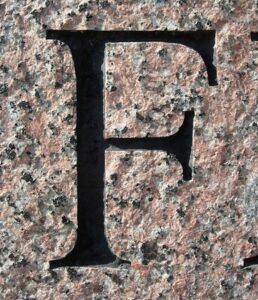I know that you’re dying to know how the American Dream mall in Newark, NJ is doing. I wrote about the American Dream mall in February. The mall is a super-project that, so far, has been super-disappointing. But it illustrates the risk involved when public funding pays for private businesses.
Quick recap: its developer billed the American Dream as an entertainment complex with retail space. The American Dream sits on land owned by the State of New Jersey. This parcel contains the Meadowlands Sports Complex (MSC), and it was supposed to be an “adaptive re-use” of the state’s largest sports complex.
Long story short, the State of New Jersey invested about $1B in public funding to improve the MSC to support the mall project. In return, the state was supposed to collect special sales tax revenue to pay for the project’s $1B bond debt. Originally, the facility was supposed to open in March 2020.
Yeah.
It’s been pretty much downhill from there. A number of the major retailers that had agreed to locate in the mall either withdrew, went bankrupt, or both. Consumers have been reluctant to go to the mall and/or spend money, which reduced the amount of taxable revenue.
In February, the project developer, Triple 5, made an interest only bond payment of $9.3M, which it did by draining its reserve fund. That February payment left the reserve account with a balance of less than $900. Now, Triple 5’s bond payments relate to its debt that it took on to build the project. The State of New Jersey’s debt pays for the $1B in improvements the State made in support of the project.
The risks of betting on construction with public funding
In August, Triple 5 missed its semi-annual interest payment of $8.8M. That reserve account – the one with less than $900 in it – still has less than $900 in it. That’s less than 19% of the balance in the average American’s savings account.
Whether American Dream succeeds or fails is immaterial. The State of New Jersey still owes the bond debt on the facility regardless of what happens. What has been crippled is the source of income that was supposed to help the State pay its debt. With many fewer-than-expected visits to the mall, fewer retailers with the power to attract customers, and lower-than anticipated revenues, the State must now come up with an alternative source of public funding for its bond commitments. The mall concept just isn’t going to pay for itself.
Triple 5’s failure to make an interest-only payment does not yet constitute a default, but it might as well. In six months, Triple 5’s reserve fund balance changed by less than $35, and the writing for the project is on the wall.
The episode underscores the massive danger (to the public) of officials that gamble public funding. It should be abundantly clear that the public is still on the hook for its debts, no matter what happens.
WCC’s Master Plan includes plans to build a hotel and pay for it using operational dollars it collects from the millages the taxpayers so generously provide. At no time during the issue of any millage request did WCC mention that the public funding voters were authorizing would be used to pay for bond debts on a hotel, the Health and Fitness Center, the “Advanced Transportation Center” or any other misguided project this administration dreams up.
WCC’s Board of Trustees uses public funds to pay for unrelated business ventures
But that’s exactly what WCC’s operational dollars are being used for. Recently, the Board of Trustees authorized the transfer of $4M from WCC’s COVID-19 relief funds to WCC’s General Fund to make up for the losses incurred by the Health and Fitness Center during the pandemic.
$4.5M is a lot of money that could have been used to pay for a lot of improvements, programs, and upgrades at the college. Instead, it was used to pay for garbage debt on a facility the taxpayers never agreed to fund.
I bring this up because this is exactly the public funding scheme the WCC administration plans to use for the hotel it ridiculously baked into the Master Plan. Like the Health and Fitness Center, it’s a construction project that no one asked for, and the public didn’t agree to fund, but this administration is hell-bent on building.
Apparently, its very easy for WCC’s out-of-towner administration to commit Washtenaw County’s public funding to unrelated construction projects. And the Board of Trustees will pretty much sign anything put in front of it.
Just thought you’d like to know….
Photo Credit: Ron , via Flickr
